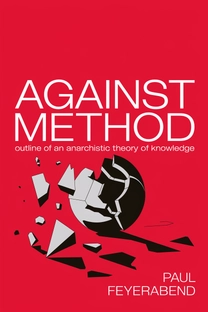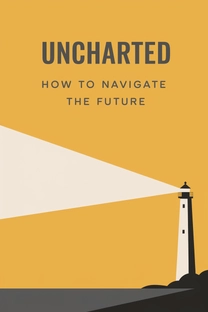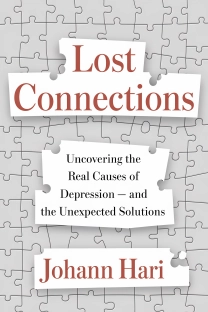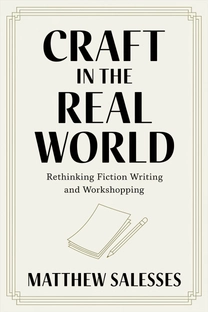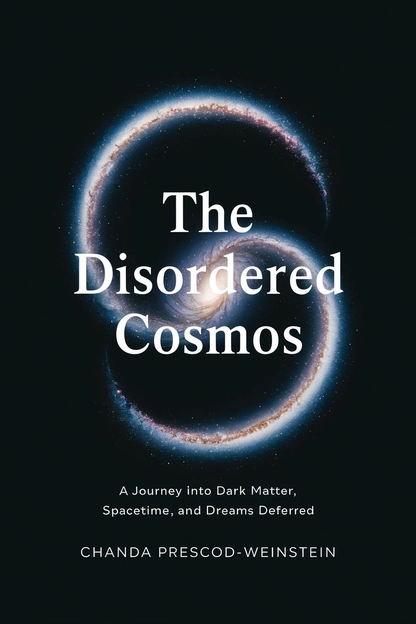
The Disordered Cosmos
A Journey into Dark Matter, Spacetime, and Dreams Deferred
by Chanda Prescod-Weinstein
Brief overview
This book intertwines cosmic physics with lived experiences of race, gender, and identity to challenge conventional views of science. It explores how biases shape everything from academic workplaces to the very language of physics, while unveiling the magic and beauty of our ever-expanding universe. By highlighting personal stories, scientific theories, and social critique, it urges readers to imagine a freer, more inclusive cosmos for everyone.
Introduction
When you think of physics, grand equations and cosmic wonders often come to mind. Yet the author of this work shows that one cannot fully appreciate the universe without examining who gets to study it—and why.
From the story of ancient geometry to present-day debates about dark matter, this journey blends science with personal experiences of bias, hope, and curiosity. It also explores how we can infuse empathy and activism into the scientific process.
This first section sets the stage for a candid exploration of both cosmic inflation and the everyday hurdles faced by those who challenge the social status quo in scientific fields. The ambition here is to leave no part—be it subatomic particle or social dimension—unexplored.
Shifting Our Cosmic Perspective
Traditional Euclidean geometry teaches that a triangle’s angles sum to 180°. Yet on curved surfaces such as Earth, or on cosmic scales, new rules emerge. Riemannian geometry provides a lens to reimagine what space can be, demonstrating that even fundamental assumptions must bend to reality.
In science classes, Euclid often reigns supreme, overshadowing non-European understandings of shape and space. Indigenous astronomies offer unique insights, showing how geometry can be curvilinear from the very start, aligning more naturally with star paths and global curvature.
We learn that these differences are not mere abstract theories. They hint at how cultural context frames what we see and what we believe. The geometry we use can reflect deeper traditions embedded—or omitted—from our canonical education.
By recognizing the limits of a single viewpoint, modern physics gains the freedom to explore more accurate models of the cosmos, guided by many vantage points rather than one rigid tradition.
What is The Disordered Cosmos about?
"The Disordered Cosmos: A Journey into Dark Matter, Spacetime, and Dreams Deferred" by Chanda Prescod-Weinstein is a profound exploration that merges the intricate world of cosmic physics with the lived realities of race, gender, and identity. This engaging work challenges the traditional perspectives on science, shedding light on the implicit biases that shape not only academic institutions but also the very language used in physics. Through this discourse, the author encourages a reimagining of both the cosmos and societal norms to craft a more inclusive and equitable universe for all.
The book delves into intricate scientific theories while interweaving the author's personal narratives, drawing parallels between concepts such as dark matter and the perceived invisibility of marginalized groups. This work compels readers to consider how social contexts influence who participates in the scientific realm and why it's crucial to have diverse voices in academic and research communities. Prescod-Weinstein presents a compelling argument for a science that reflects the glorious complexity of both the universe and the diverse human experience, thus leaving a lasting impact on how we perceive our place in the cosmos.
Review of The Disordered Cosmos
"The Disordered Cosmos" by Chanda Prescod-Weinstein stands out with its ability to eloquently weave the fabric of particle physics with the strands of social justice. One of the book's notable strengths is its capacity to distill complex scientific ideas like quantum mechanics, dark matter, and spacetime into digestible concepts for a broad audience. This, combined with its empathetic storytelling, allows for a deep understanding of why inclusivity in science matters not only for equity but also for advancing human knowledge.
Practical takeaways from this book extend beyond the realm of science, presenting actionable insights for fostering welcoming environments in scientific communities. By challenging academic gatekeeping and cultural biases, Prescod-Weinstein opens up new pathways for those historically marginalized. Her transparent and straightforward writing brings forth the excitement and necessity of diverse minds contributing to cosmic discoveries, reshaping what we perceive as possible within both the universe and the societies we inhabit.
Blending professional and conversational tones, the book remains highly relevant across disciplines while being remarkably accessible even to those newly introduced to physics. "The Disordered Cosmos" is a thought-provoking, groundbreaking read for anyone passionate about social justice and the stars, and it comes with the highest recommendation for its candid examination of issues often side-lined in scientific discourse.
Who should read The Disordered Cosmos?
- Astrophysics enthusiasts eager to explore the intersection of science and society.
- Students and educators in STEM fields focused on promoting inclusivity in academics.
- Social justice advocates seeking connections between scientific progress and equality.
- Readers interested in the stories and experiences of minorities in the scientific community.
- Policy makers aiming to better understand how inclusivity can drive innovation in research.
About the author
Book summaries like The Disordered Cosmos
Why readers love Mindleap
10-Minute Book Insights
Get the core ideas from the world's best books in just 10 minutes of reading or listening.
Curated For You
Discover your next favorite book with personalized recommendations based on your interests.
AI Book ExpertNew
Chat with our AI to help find the best book for you and your goals.
Reviews of MindLeap
Love how I can get the key ideas from books in just 15 minutes! Perfect for my busy schedule and helps me decide which books to read in full.
Alex R.
The summaries are incredibly well-written and the audio feature is perfect for my commute. Such a time-saver!
Jessica M.
Great app for personal growth. The insights are clear and actionable, and I love how they capture the essence of each book.
Chris P.
The app is beautifully designed and the summaries are top-notch. Definitely worth every penny!
Sarah K.


